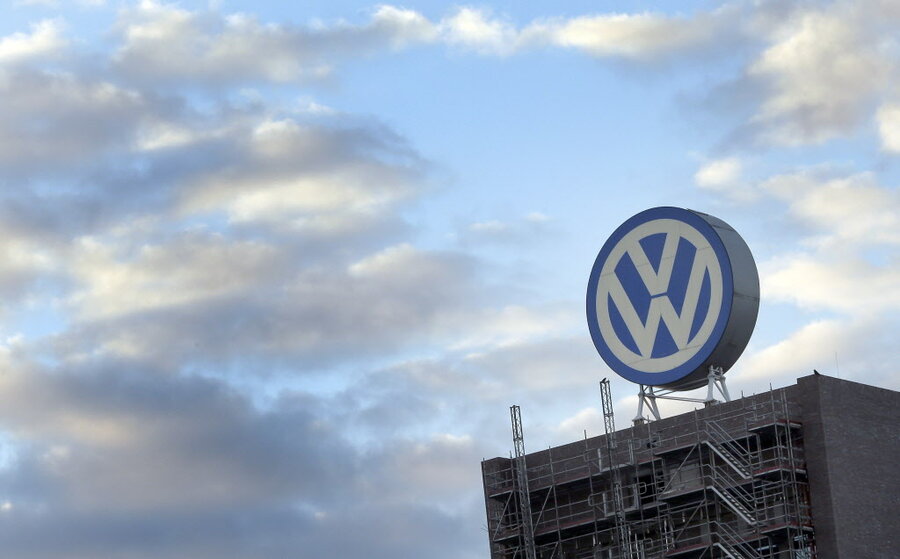What spurred Volkswagen's Takata recall?
Loading...
Volkswagen is having a host of PR problems right now, so you'd expect the company to take every opportunity to improve its image.
But in fact, Volkswagen was anything but willing to do something that could buff its brand by showing concern for consumers. Public documents show that the automaker was extremely reluctant to take part in one of the largest automotive recalls in history -- the one involving Takata's fatally flawed airbags.
What changed Volkswagen's mind? Could it have been Dieselgate?
Not our problem
For months if not years, the National Highway Traffic Safety Administration has been pushing to widen and simplify the complicated, piecemeal Takata recall. Sadly, the agency recently gained some leverage in those efforts when a tenth fatality was conclusively linked to Takata's airbags. The death was the first to occur in a non-Honda vehicle, and it sparked a five-million-vehicle expansion of the Takata recall.
Volkswagen was none too pleased about that. In a letter to NHTSA's Frank Borris, Volkswagen's Christopher Sandvig argues that the airbag inflators NHTSA has included in the expanded Takata recall are perfectly safe. He notes that the problems with Takata's airbags appear linked to age and with manufacturing conditions at two Takata plants from which Volkswagen received few devices.
At the end of the letter, Sandvig expresses hope that further testing of airbags will vindicate Volkswagen and justify its reticence. However, he also says that the company will comply with NHTSA's request to participate in the broader Takata airbag recall.
What changed Volkswagen's mind? We may never know, but we're sure two things played a role in the company's decision:
Uncertainty about Takata's use of ammonium nitrate. The underlying cause of Takata's airbag ruptures appears to be unstable ammonium nitrate, which the company uses to inflate the devices. Takata has promised to stop employing the compound, but tens of millions of airbag systems on the road are equipped with it, including the five million vehicles recently added to the Takata recall list. The long-term safety of those devices remains unknown, and as such, automakers like Volkswagen may simply be playing it safe.
Volkswagen's desperate need for good publicity. Volkswagen's reputation has suffered dramatically since the Dieselgate scandal broke last fall. The situation has only been made worse by the California Air Resources Board and the Environmental Protection Agency, which claim thatVolkswagen has been extremely uncooperative in efforts to resolve its "clean diesel" crisis. The automaker may have decided that, as far as Takata was concerned, it was better to go with the flow than to fight and look as though Volkswagen doesn't care about consumer safety.
We're sure other things helped shape Volkswagen's opinion on the matter, including the cost of recalling and repairing 850,000 VW and Audi vehicles. However, the thought of taking part in an especially public fight with NHTSA -- given Volkswagen's weakened state and the history of previous such conflicts -- may have been a deciding factor.
This article first appeared at The Car Connection.







